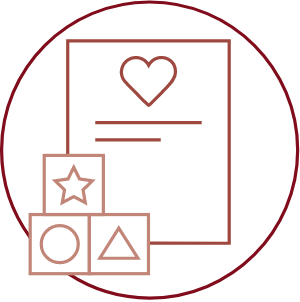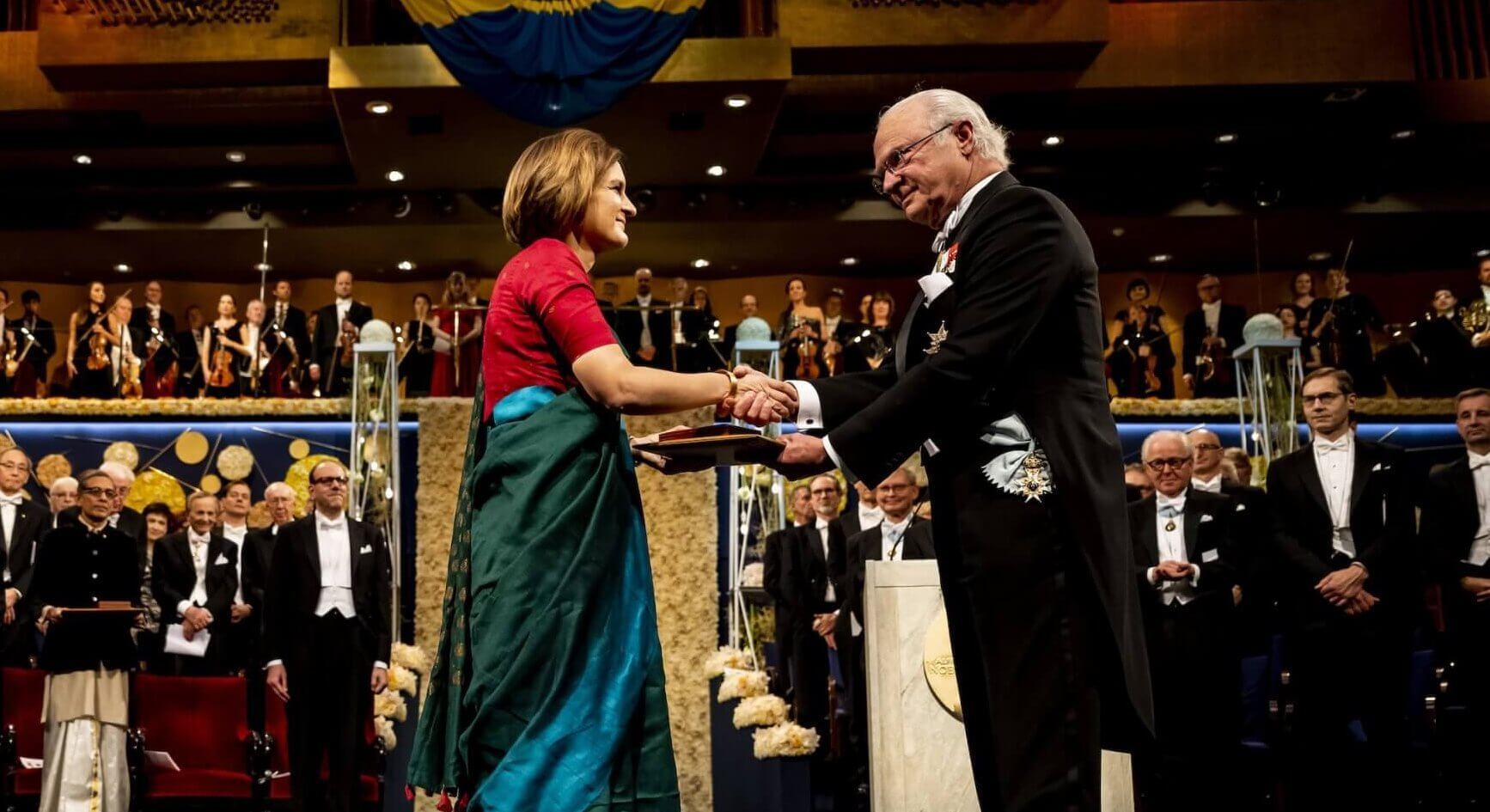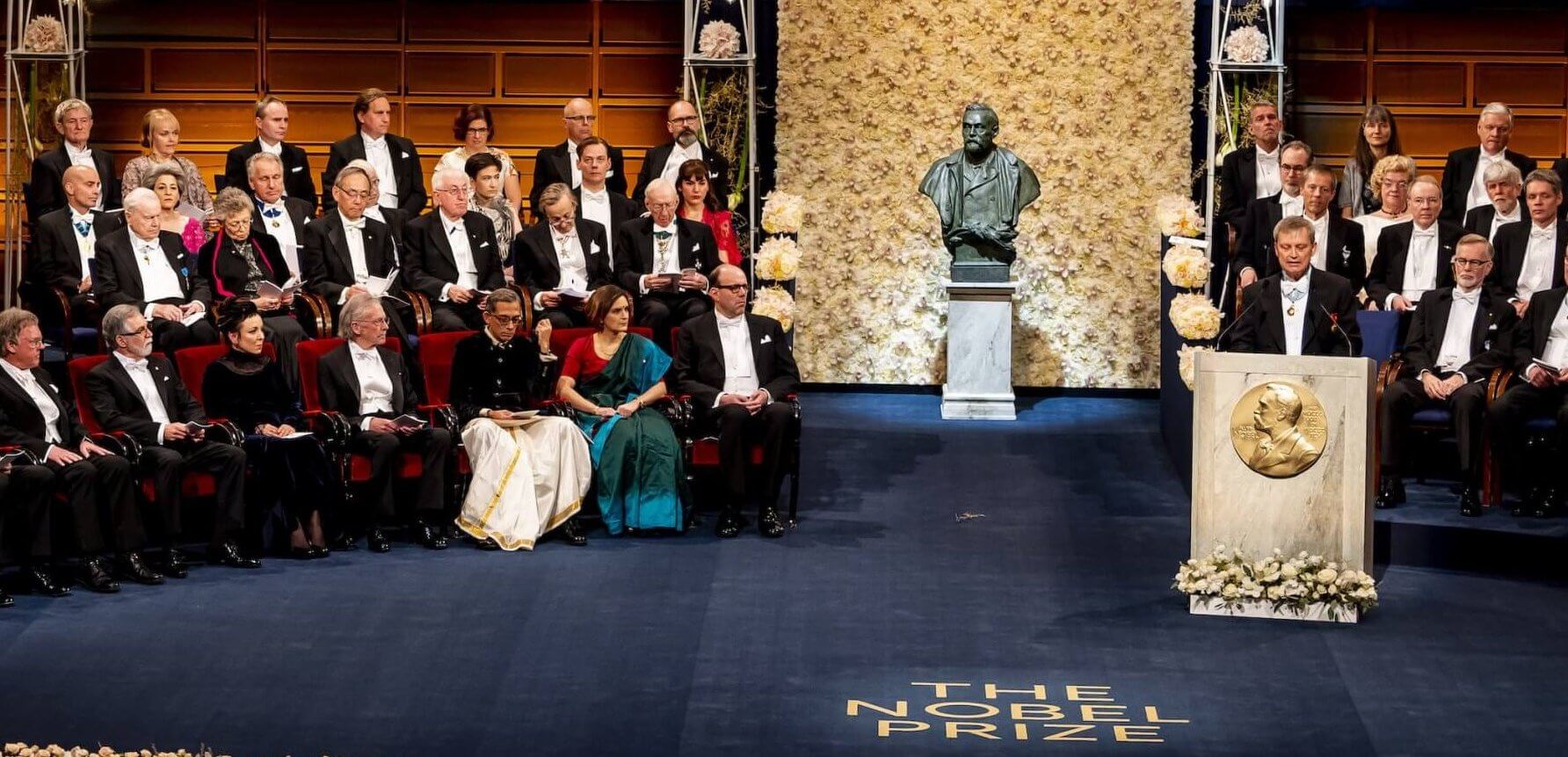J-PAL South Asia
Rigorous evaluation and trusted advice pave the way for effective policy change
Country
IndiaWebsite
povertyactionlab.org/south-asiaThe Challenge
India’s vast size and complexity raise special obstacles to poverty alleviation efforts in that country. Only programs that incorporate evidence about “what works” are likely to achieve scalable impact. In addition, successful efforts require collaborating with government entities to improve policy and to access funding on a large scale.
The Approach
J-PAL South Asia conducts rigorous impact evaluations of interventions that aim to alleviate poverty. Then—after identifying proven solutions in areas such as health, education, and women’s empowerment—its team works with government leaders to design, test, and scale those solutions.
Why We Invest
J-PAL South Asia, a unit of the Abdul Latif Jameel Poverty Action Lab (J-PAL), has earned a reputation among policy makers in India for being a trusted partner. Its track record in research and technical advising positions the organization to identify and support a wide array of effective interventions. It operates nine regional offices with a team of roughly 1,200 office and field staff, and this team has undertaken dozens of initiatives that have benefited millions of people in communities across India.
With its wealth of connections across India, J-Pal South Asia has a singular ability to navigate the complex set of structures that make up the country’s system of government. Unlike many other countries with high rates of poverty, India features a relatively robust public sector. Especially at the state level, government agencies in India can provide crucial infrastructure and funding for poverty alleviation efforts. Partnering with those agencies, therefore, is a key part of any strategy to create durable change on a large scale.
One example illustrates the impact that J-PAL South Asia has been able to achieve. Scholars affiliated with J-PAL studied a school-based child health program and showed that it delivered impressive health and education outcomes at a cost of less than USD 1 per child. J-PAL South Asia then hosted a conference with officials from the state of Bihar in order to share findings about the program. After that event, the Bihar government agreed to roll out the program statewide; in its first year of implementation, the program reached 17 million children. Other states followed suit, and the Indian federal government later launched a nationwide version of the program that today reaches 260 million children annually.
A young girl completes exercises that are part of Read India, an education program that was the subject of a J-PAL South Asia evaluation project.
Photo: J-PAL South Asia/Francisca de Iruarrizaga
How We Partner
King Philanthropies’ funding of J-PAL South Asia supports two program areas. First, in the area of early childhood education, the organization is leveraging financial support to pilot the delivery of specific programs, to evaluate the impact of those programs, and then to provide technical assistance on scaling up program elements that prove to be effective. (J-PAL South Asia is conducting much of this work in conjunction with Pratham, another King Philanthropies grantee.)
Second, funding from King Philanthropies supports J-PAL South Asia’s Governance Unit, which works with government entities throughout India to develop policies that address a broad range of issues, including nutrition, anti-corruption work, and poverty alleviation.



